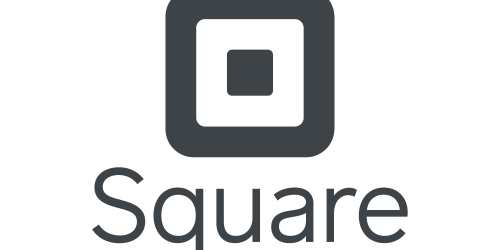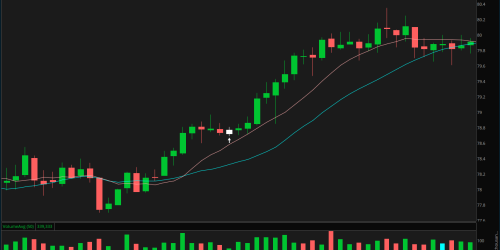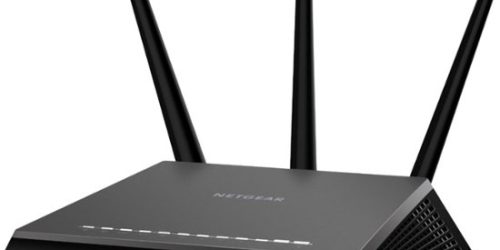Best SEO tips for 2021

We may earn commissions from the companies mentioned in this post. View our FTC disclosure for more information.
If you have a website, or are planning one, you know that search engine optimization (SEO) is a top priority. There are an overwhelming number of articles, blog posts, and companies touting their services, and it’s increasingly difficult (and/or expensive) to stand out. In this blog post, I’m going to do two things. I’m going to give you the “secret” to SEO, and I’m going to plug a page on another website to increase it’s search ranking. The second point is two fold. It demonstrates a simple method you can use to bump a page on another website that you find useful or simply want to share, and it boosts a page that I’m literally trying to get web traffic to.
Give me the SEO secret!
You’re gonna hate me for saying this, but it’s a fact. Search engine algorithms are designed to weed out the riff raff from the meaningful content. Simply put, you must write meaningful content. That, in and of itself, is the actual secret. All of the little tips and tricks you’ll read on every other blog are just that…tips and tricks. You can’t trick Google, and if you do, they’re simply going to learn the trick and rewrite the algorithm. I’m not suggesting that having relevant metadata, such as a title and description, serves no purpose. But it’s simply a way for search engines to quickly discover what you believe is the primary purpose of the content so it can respect your wishes regarding the title and content snippet that’s displayed on the search results page. If there’s no metadata, the algo will determine the page’s purpose by weighting the keywords in the text of the page.
Now that the SEO secret has been revealed, you can relax and focus on your great content. Also, I can demonstrate the second thing.
Links have more meaning that you may know.
Well, you may know it already. When other websites link to your content, they provide search engines with the notion that your content is useful to others. In my case, I run two websites. I have this blog that I use to share my thoughts, projects, and tips (like this post). I have another website that I use for business. It’s a site for advertising a guitar method book I wrote, and it hosts a landing page with samples of my latest album, Life’s a Play. The album is, in my opinion, the best jazz album of 2021! Of course, I’m biased, lol.
See what I did there? I didn’t simply link to those pages willy nilly. I chose keywords that provide web crawlers and search engines context for the link. By providing context, you’re not only telling them that the page’s content is useful to you and others, but you give them the page’s meaning and potential relevance. In addition, a link with proper keywords that is used in the context of a sentence is a good accessibility practice (that’s a bonus tip). Accessibility isn’t generally top of mind for most web developers and content editors, however, I worked as the web administrator for a public university for years, and it was imperative that content be made accessible for those using assistive technology. If you would like to learn more about web accessibility, check out WebAIM.





